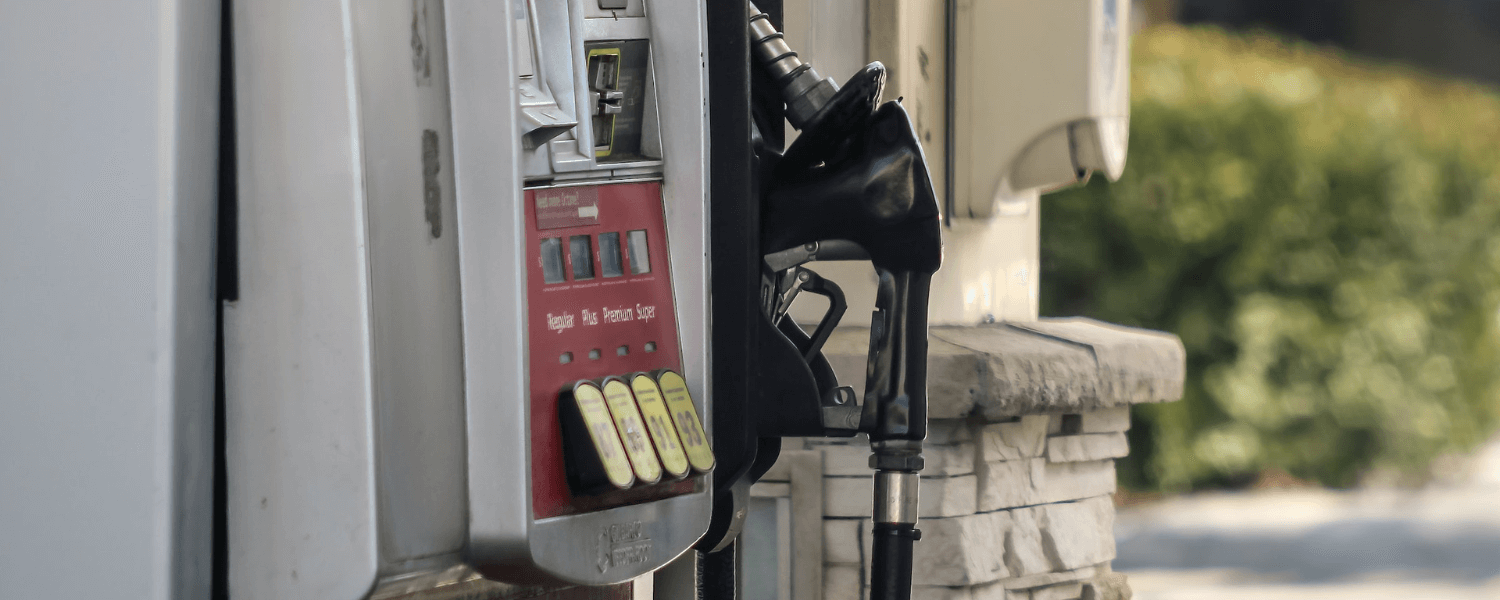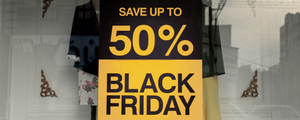Two dramatic things happened in the world of finance recently that will have a material impact on everyone. Firstly, new data reported by Bloomberg showed that the consumer price index (CPI), a key measure of inflation, hit 7.6% in October 2022. In response, the South African Reserve Bank (SARB) announced that it was increasing the repo rate by 0.75% to 7% effective 25th November 2022. This is big news and I want to unpack what’s going on and why and how it’s going to impact you and your family.
Let’s look at inflation first. As you may know, inflation is the rising cost of living, as measured by the consumer price index (the change in prices of a basket of common consumer goods and services). The current drivers behind the increased cost of living are largely supply-side issues, which include the increased cost of fuel (due in large part to the Russia/Ukraine conflict) and the cost of electricity (thanks to the ongoing saga at Eskom). And the sad reality is that the situation is unlikely to improve in the near term. The Reserve Bank forecasts that CPI will only return to the target of 4.5% in mid-2024, which some analysts say is very optimistic.
Obviously, the rising costs are not uniform, some goods and services are more affected than others, for example here are YoY cost increases for a range of goods:
- Food and non-alcoholic beverages are up by 12%
- Bread and cereals are up by 19.5%
- Meat and Dairy are both up by 10.5%
- New cars and motor parts are up by 6.1%
- Used vehicles are up by 14.5%
- Petrol is up by 30.1%
- Transport is up to 17.1%
What this means for you is that the cost of living (food, fuel, electricity) which has already been going up will probably go up even more now and household budgets which are already tight are going to get tighter. Practically, a way you can mitigate some of the effects of inflation is by reducing your electricity bill. You could invest in a gas stove or solar geyser, reduce your fuel bill by working from home more (if possible), and buy in bulk, i.e. shopping less frequently. Also, take a hard look at food prices at the different stores. The range in prices of a can of tomatoes across Woolworths, PnP, Checkers, Shoprite, and Food Lovers Market can vary widely - the cheapest can is 53% cheaper than the most expensive can. This price differential is often consistent across a range of staples.
Ok, so now we know that inflation is going to hurt, it’s worthwhile asking what the regulator, the SARB, is doing about it. John Maynard Keynes, a famous economist, theorised that for a regulator to influence the price of goods and services, this requires influencing the demand-supply curve. Basically, if supply is increased then costs typically fall. Conversely, if demand increases then typically costs increase. So SARB has two options, they can either decrease demand or increase supply. Unfortunately, increasing supply is often outside of their control. So the only option they have is to try to dampen demand. The way in which they do that is by increasing the cost of borrowing (repo rate). This is in the belief that if money is more expensive to borrow then this will trickle down and reduce demand simply because there will be less money to buy goods with.
Although this tactic has been shown to be largely effective, it can have a major impact on household budgets because it will increase the monthly installments for any home loans or car loans that you are paying off. The increase in monthly installments will result in many more stretched budgets.
The only way to practically reduce your monthly interest bill is to try and reduce the amount owed. So if you have emergency savings it might be worthwhile to transfer some of it into your home loan (assuming you can pull it out again if needed). If you have any big purchases planned that you’ve been saving up for, perhaps consider postponing the purchase and using that money to reduce your interest bill.
I’m sorry I don’t have better news but sadly this is where the world is at currently. The important thing to know is that you’re not alone - many people are going through the same challenges. The most important thing you can do is not to get overwhelmed, go back to your budget, make sure you know how your income is being spent and have a hard look at how you can cut back on costs. Good luck!










